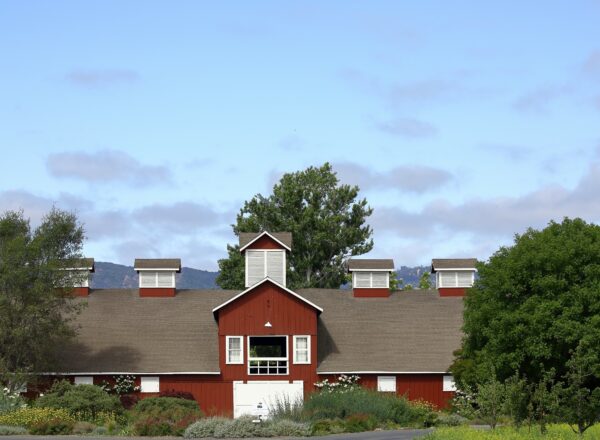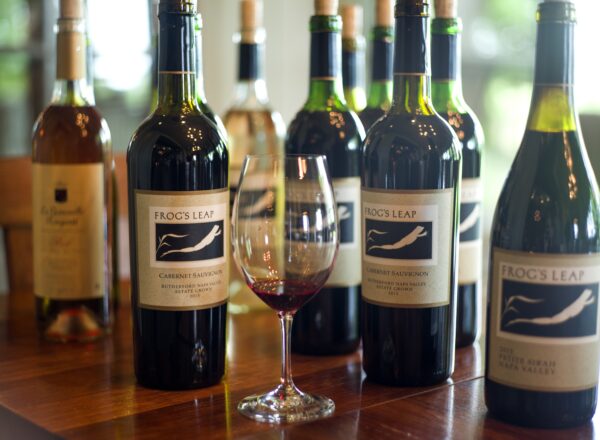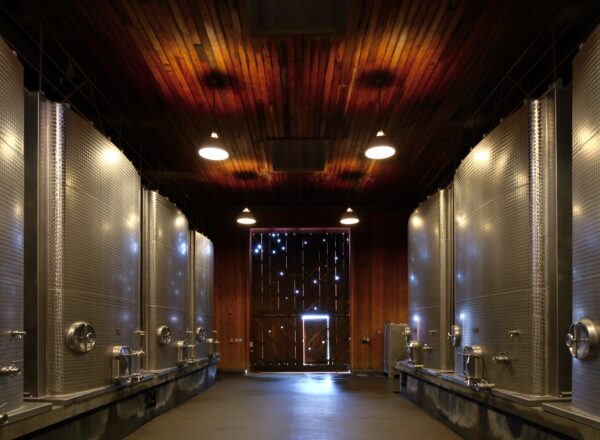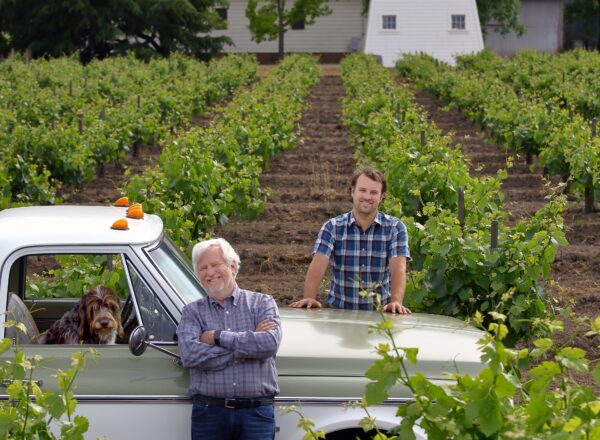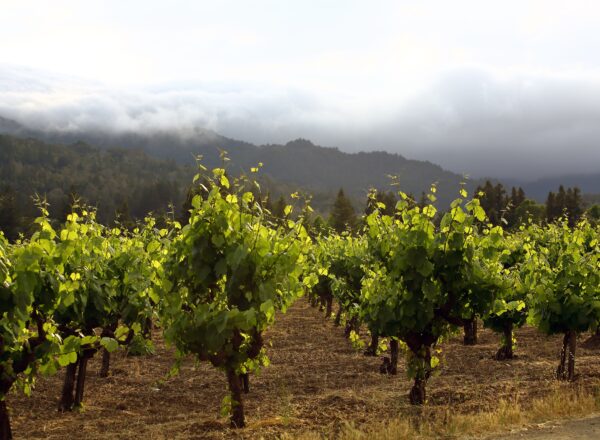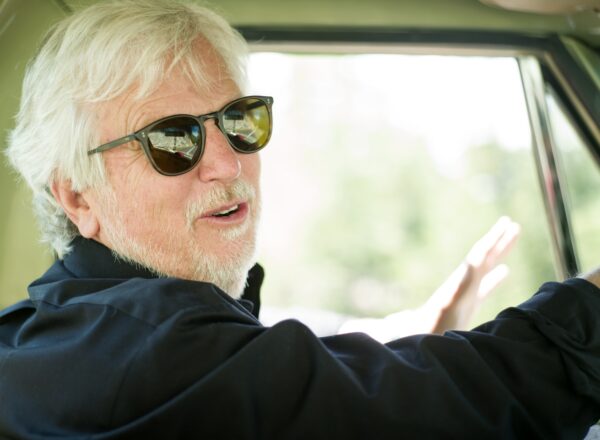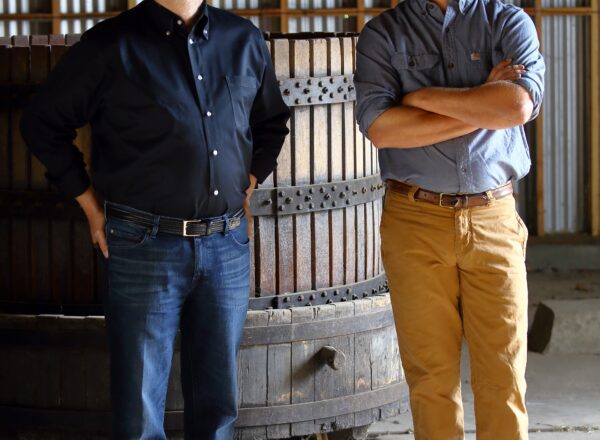Frog’s Leap Winery
Napa Valley
Frog’s Leap is a pioneering, family-owned winery in Napa Valley founded in 1981 by John Williams. Originally from Western New York and trained in viticulture and enology at UC Davis, Williams built the winery on a foundation of humor, heritage, and sustainability. Known for its dry-farmed, organically grown wines, Frog’s Leap has become a leader in environmentally conscious winemaking, with achievements including silver certification & membership in International Wineries for Climate Action, CCOF certified organic, and TRUE Zero Waste certified. The winery’s journey—from its first Sauvignon Blanc pressed in a ramshackle barn to a thriving estate on the Rutherford Bench— reflects decades of thoughtful stewardship, family involvement, and commitment to the land.
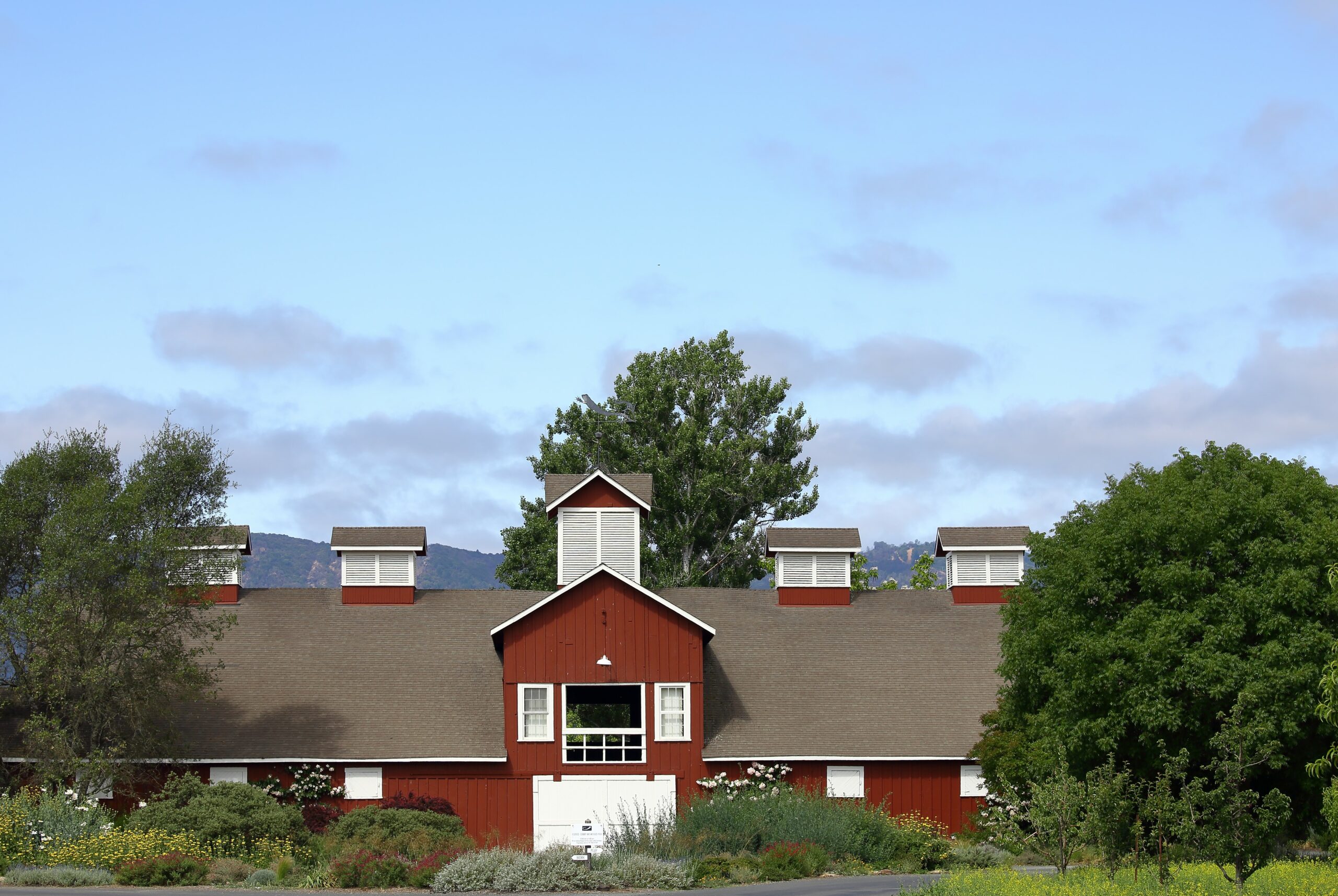
Wines
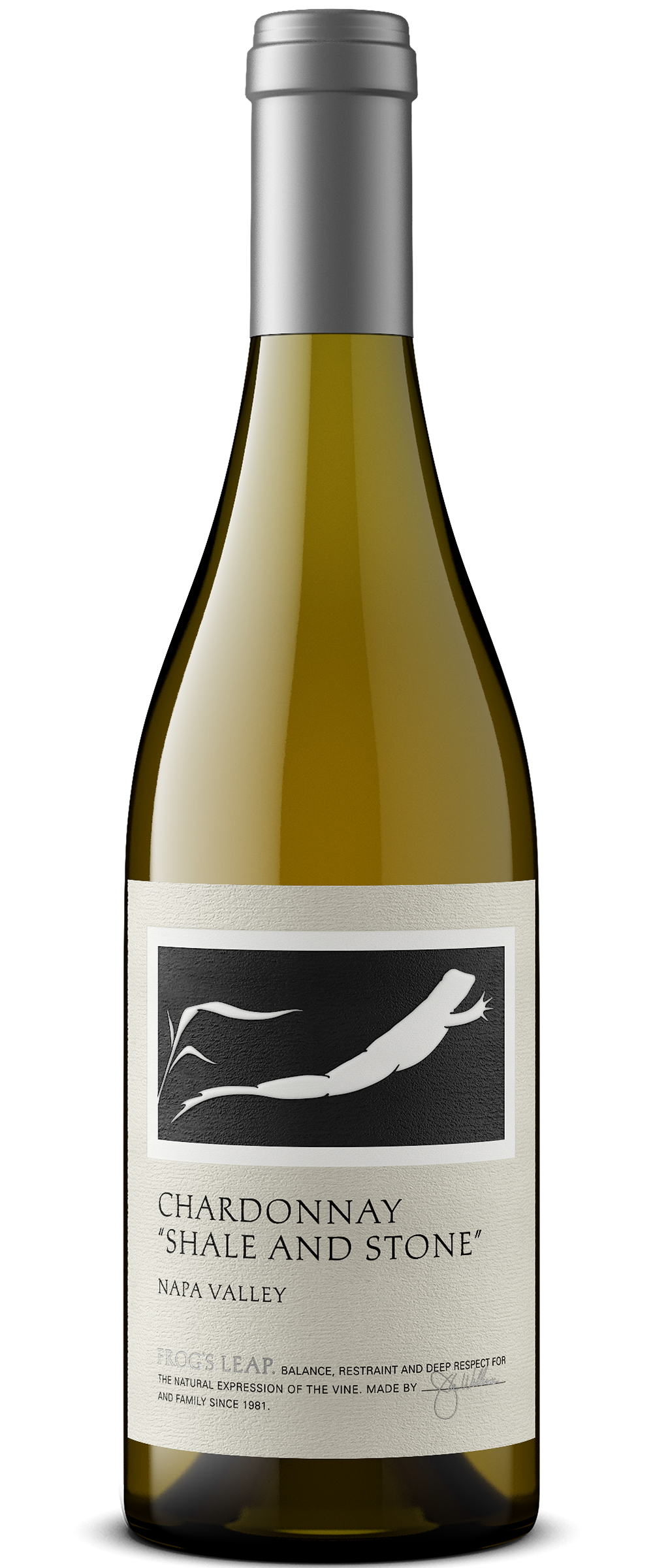
Shale & Stone Chardonnay
Carneros
‘Shale and Stone’ on the label is reflective of the deep minerality of the vineyard’s ancient fractured shale soils and the freshness of the varietal. With long sur lie aging in concrete, it is taut but generous, and full yet bright on the palate.
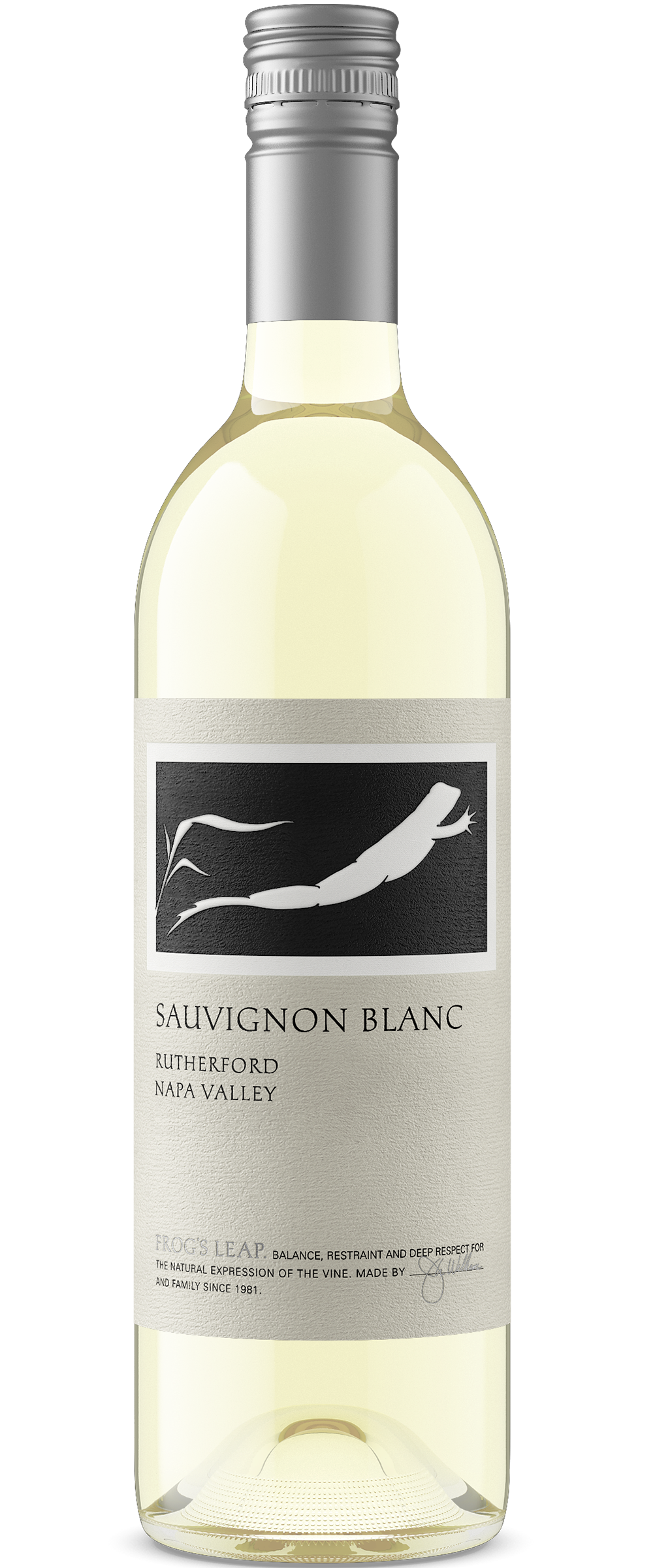
Sauvignon Blanc
Rutherford
Stone fruit and white flower aromatics are perfectly complemented with crisp, minerally flavors. Fermented and aged in stainless steel tanks to preserve the purity and distinctiveness of this noble grape.
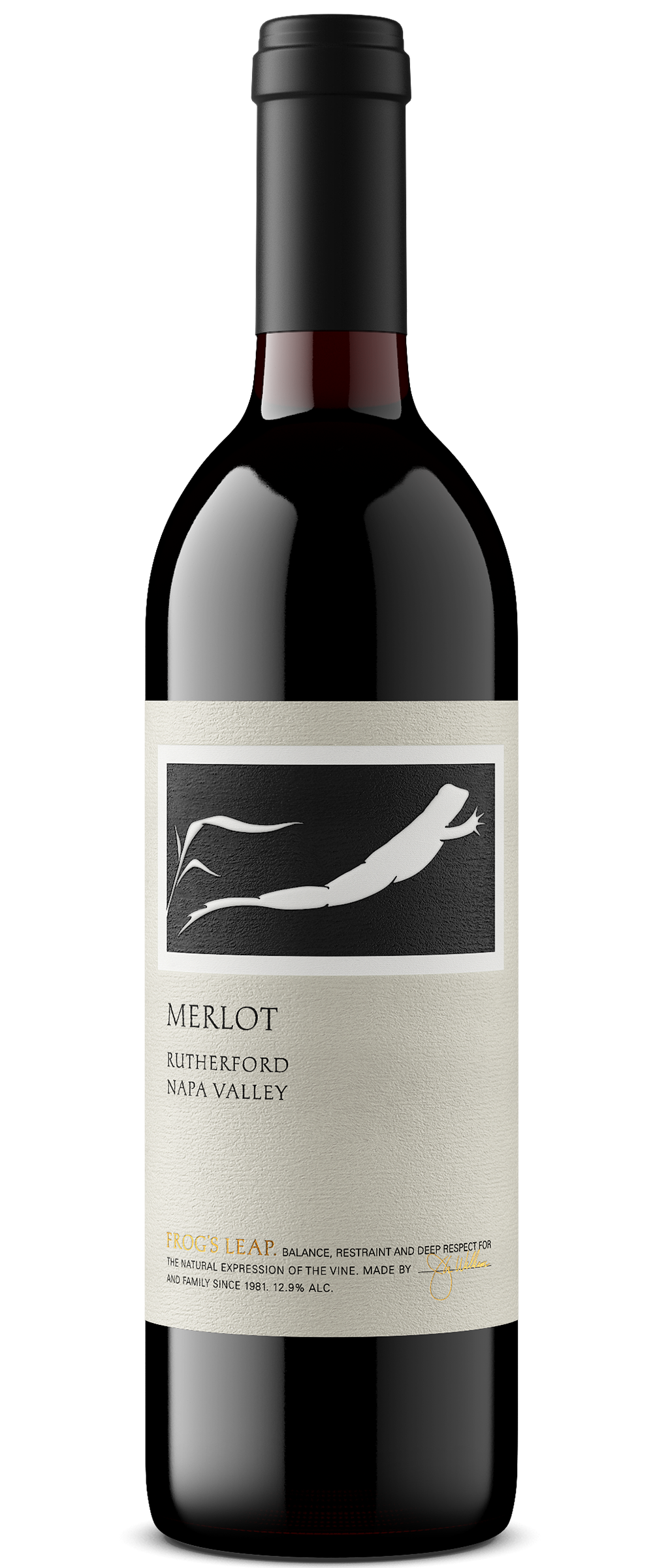
Merlot
Carneros
Grown in cool clay and crafted with care- this Merlot is a refined, age-worthy wine of both subtlety and strength. Showing deep plum and cocoa notes with soft tannins and a savory finish, aged in a mix of small French oak barrels to enhance texture without overpowering the wine’s natural elegance.
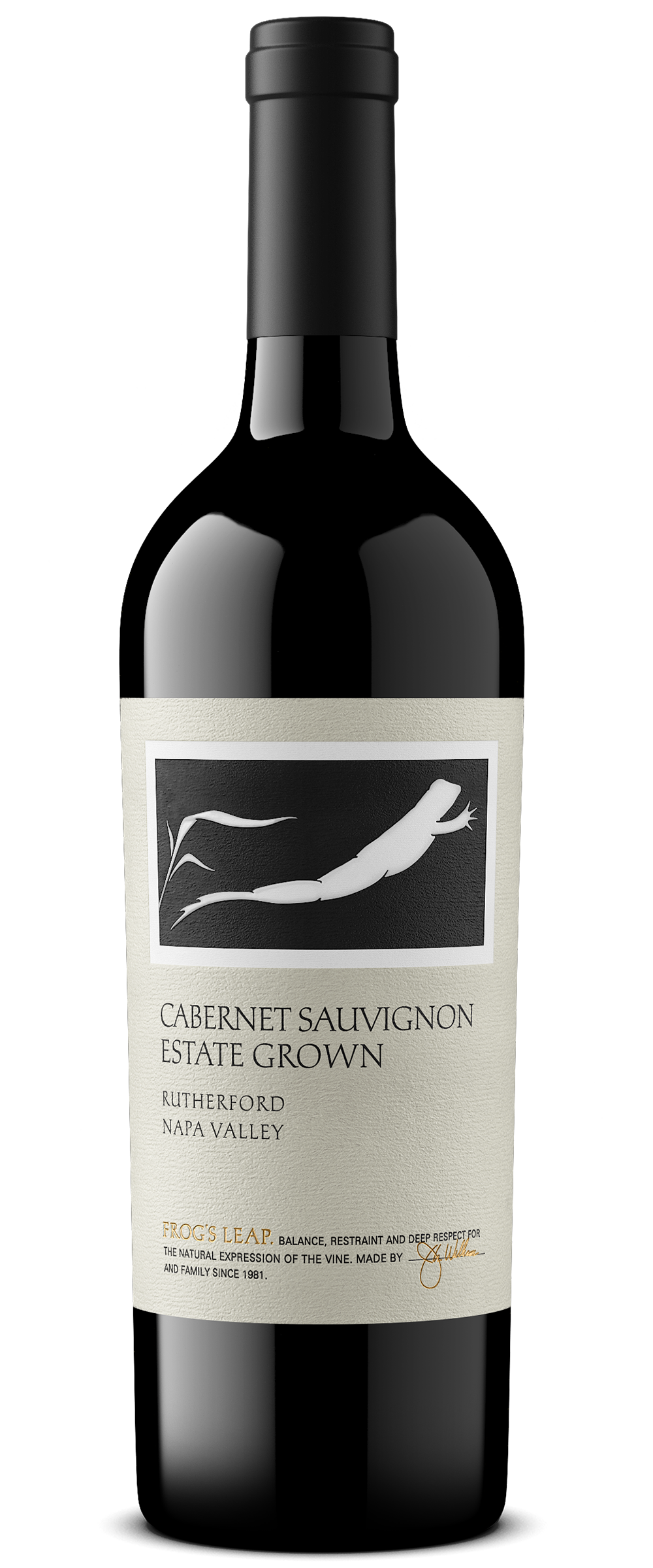
Cabernet Sauvignon
Rutherford
This classically structured Estate Cabernet reflects a deep understanding of Rutherford Dust, with estate vineyards rooted in alluvial soils that balance up-valley richness and down-valley energy, creating a wine of vibrant tension. Layers of blackberry, cassis, and dried herbs and aged in restrained French oak.
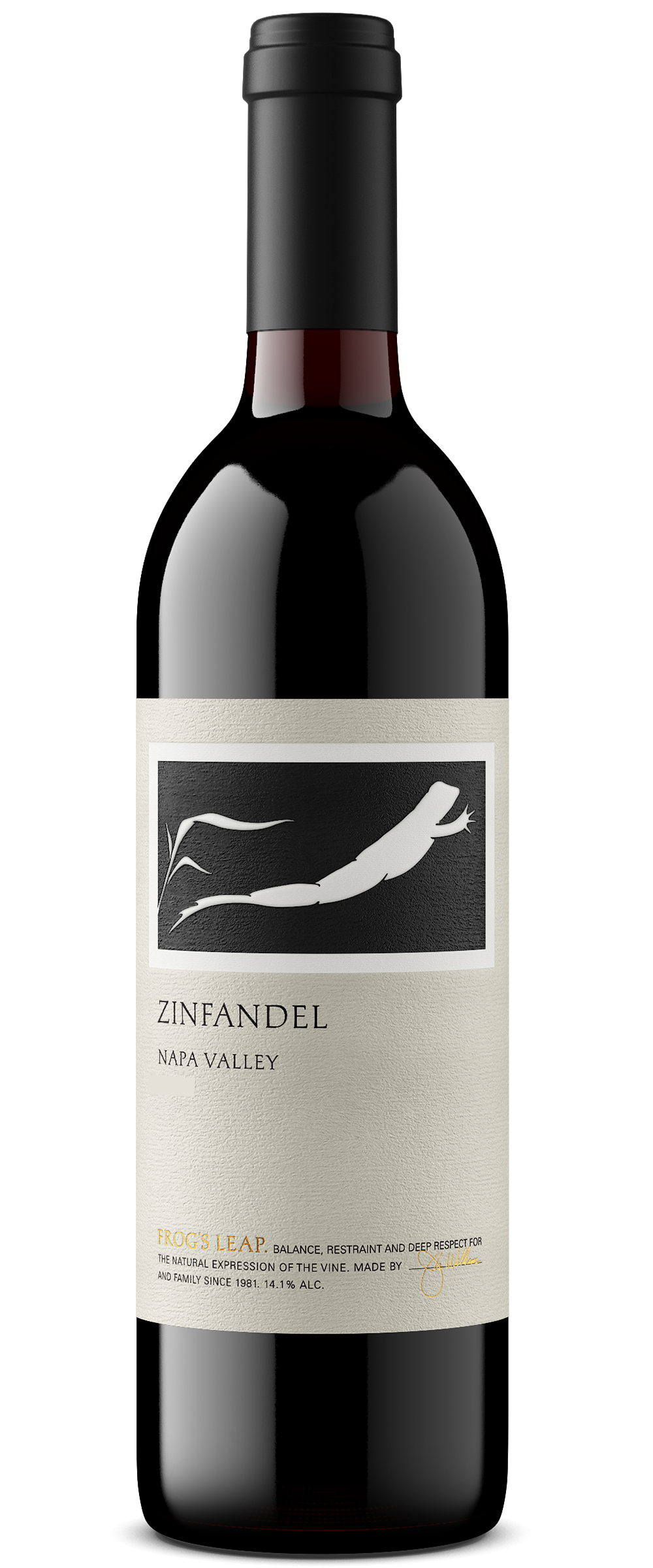
Zinfandel
Rutherford
Made in the classic field blend style including significant portions of Petite Sirah and Carignane. Vibrant raspberry and black cherry fruit with hints of spice and earth, balanced by bright acidity and moderate tannins—crafted from dry-farmed, organically grown vines and aged in neutral oak to preserve its varietal purity and freshness.
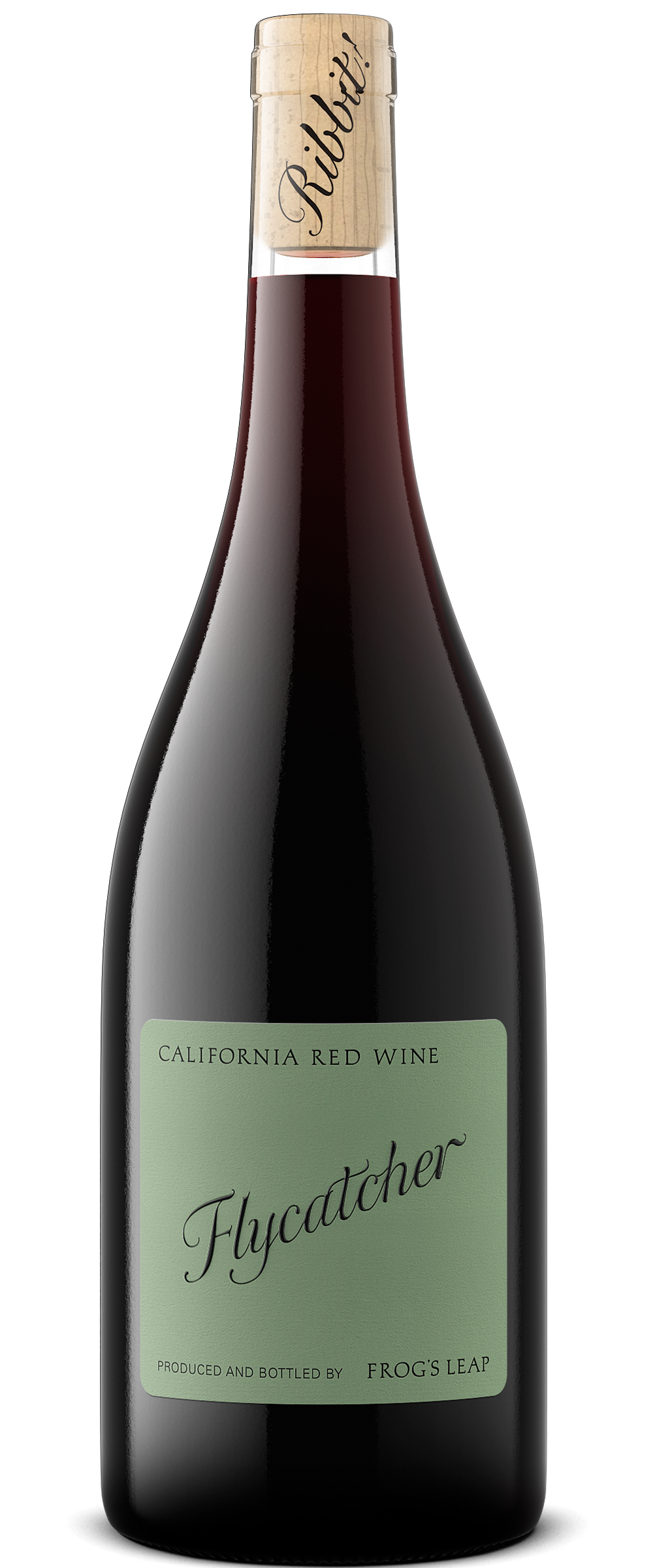
Flycatcher
Rutherford
Flycatcher is a vibrant, juicy field blend bursting with red berry fruit, spice, and floral notes, crafted from organically grown Zinfandel, Petite Sirah, Carignan, and Valdiguié, co-fermented and aged in neutral oak for a fresh, energetic expression of California terroir.
People
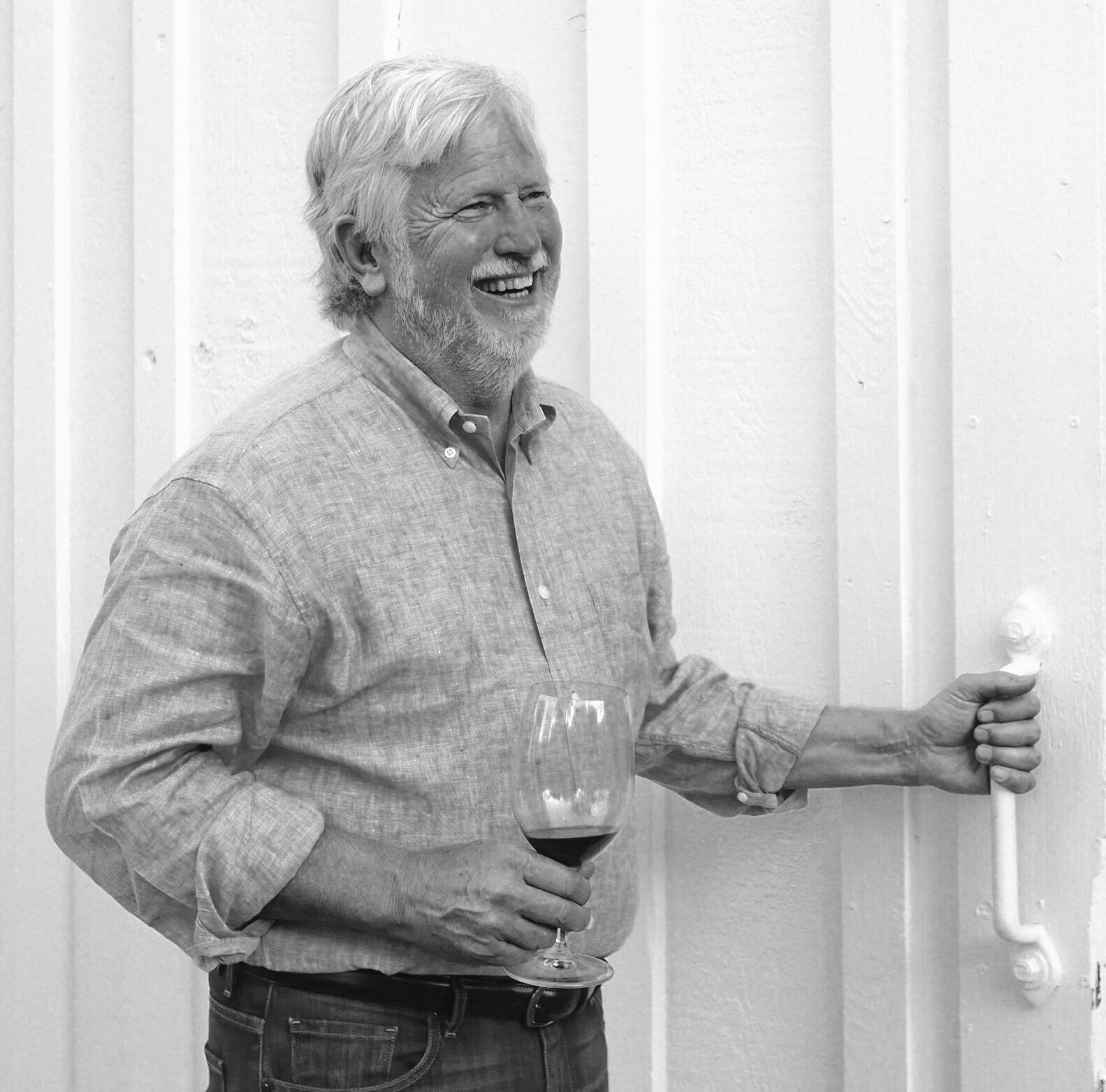
John T. Williams
Founder & Winemaker
John T. Williams, founder of Frog’s Leap Winery, grew up on a dairy farm in Western New York and discovered his passion for winemaking through a work-study program while at Cornell. After earning his Master’s from UC Davis, he worked at Stag’s Leap Wine Cellars before launching Frog’s Leap in 1981. A visionary in sustainable viticulture, Williams championed organic farming early on, earning Napa Valley’s first CCOF vineyard certification in 1989. With a commitment to soil health, dry farming, and environmentally responsible practices, he helped shape Frog’s Leap into a pioneering, family-run winery. Today, he continues to lead winemaking efforts alongside his son Rory and wife Tori.
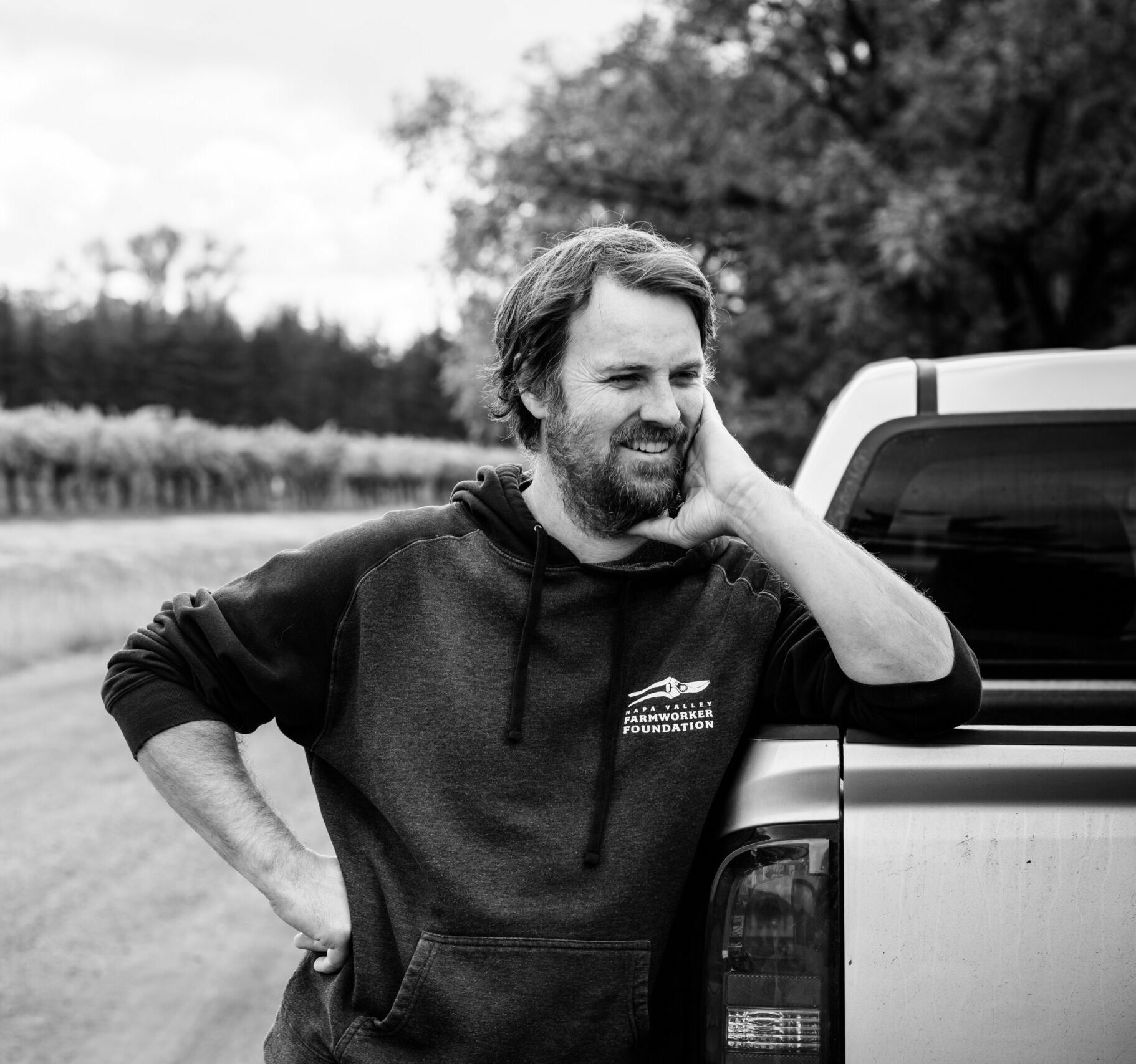
Rory Williams
Vice President, Viticulture & Enology
Rory Williams, Director of Viticulture & Winemaking at Frog’s Leap, brings a rich background shaped by his family’s legacy, global winemaking experiences, and academic study in flavor chemistry. After working harvests in Italy, Argentina, and France, completing his undergraduate degree at St John’s College, and some graduate work at Cornell, Rory founded Calder Wine Company to highlight lesser-known California vineyards. Since joining Frog’s Leap in 2012, he has played a pivotal role in advancing sustainable practices and refining both viticulture and winemaking, with a focus on expressing terroir and building resilience in the face of climate change.

